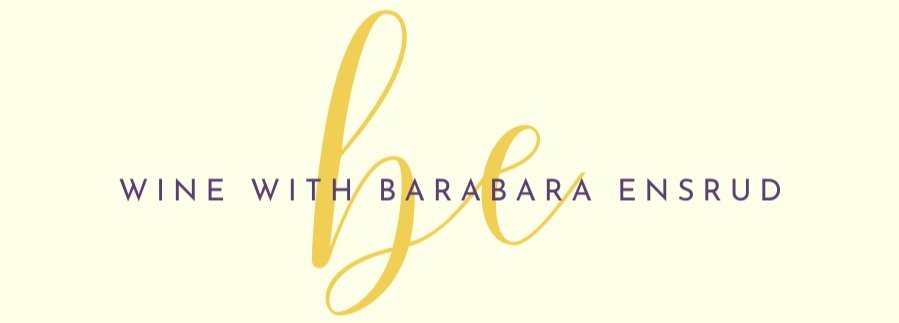COME OVER, OCTOBER…
Santé!
Come Over, October!
Trails of flavor lingered in the aftertaste—ripe summer berries, smoky hints of toasted oak, cinnamon, clove, a faint aura of forest mushroom. The savoring of it slowed things down as we sipped. It was early October, still warm but the stifling heat and humidity of high summer had finally broken. Friends had come over to taste a few wines, including Artesa Pinot Noir 2005, which I had pulled from my cellar and decanted a short time before. Quite lively at nine years of age, the Pinot, teeming with the mingle of those aromas and flavors, was delicious paired with country paté and an herby goat cheese.
Wine—if you really smell it, taste it, allow a moment to savor the impressions of aroma, flavor, texture—slows things down, stimulates the flow of conversation and the exchange of ideas, promoting a sense of wellbeing. This is relaxing. And thus conducive to digestion, the assimilation of nutrients that support health and spreads to all the cells of the body, including the brain.
Tell me this is not good for us.
I question the results of tests showing that alcohol in any amount is harmful. What is the context? The environment? Half an ounce of raw alcohol (80-120%) will indeed kill cells in a petri dish, or in the brain of a mouse. But taken with food? With friends in a congenial setting, as we humans mostly ingest it? I don’t think so.
Loud rock music—heavy metal in particular—has been shown to damage cells, too—in the ear and possibly elsewhere in the body, an assault that has been shown to make plants cringe and inhibit the sprouting of seeds. Are we going to ban it? We haven’t the right.
There are serious problems with alcohol when we don’t respect the powerful force of it. Drunkenness can harm, maim, kill. The prospect of addiction is real if we don’t pay attention. The power and force of alcohol, especially distilled substances, can sneak up on us—as perhaps a whole generation is discovering in the wake of all the enthusiasm—the downright gusto—with which they are imbibing “creative” cocktails; in ever-larger glasses.
Sober October, the international “challenge” to abstain from all alcohol beverages for the 31 days of October, began in England as a way to help cancer patients give respite to their livers, as well as raise money for cancer research (your drink dollars donated). An occasional break is probably a good idea for all of us who drink, even moderately—I do it myself a time or two every year, usually in late winter or spring, when I switch to cleansing food and drink for the seasonal transition.
October, however, is the season of harvest for much of the northern hemisphere. A time when we celebrate the bounty of ripening fruit, the gathering of grapes and apples and pears, a joyous time of reaping and jubilation, toasting the labor-intensive work of bringing in the crops. Hard not to want to hoist a glass or a tankard when the work is done, to feast and rejoice with those who did it. Or, for the millions not directly involved, just toast the hope and prospect of what the harvest may yield. The timing seems odd in that respect. Maybe Sober September or Dry July might be more timely.
I think Come Over October—a response to Sober October that emphasizes the sociability and positive benefits of sharing wine with friends—also acts to combat what is seen as the threat of “creeping neo-Prohibition” that seems to be afoot in some quarters. Surely we learned from that catastrophe 1920-1933, which fostered crime and fraud and crudely manufactured alcohols (sometimes lethal), and did not achieve its goal of national temperance and sobriety. It did not curb drunkenness—it exacerbated it, and curtailed production of the more moderate beverage, wine, which took decades to recover.
“Wine is so much more than a liquid in a glass,” wrote the illustrious British wine writer Jancis Robinson “…our link to what is so often a fascinating story, a spot on the globe, a point in time.”
Like many wine lovers I love the many and diverse stories behind the wines that intrigue me, and, as a writer, love to share them. In any case, I’m all for moderation, which I practice and recommend. I would never urge anyone to drink. But I do share the delights of convivial get-togethers to enjoy good food and honest wine in its infinite variety. It’s a shared adventure, one of the bright spots of life in this difficult and complex world.
Santé!

